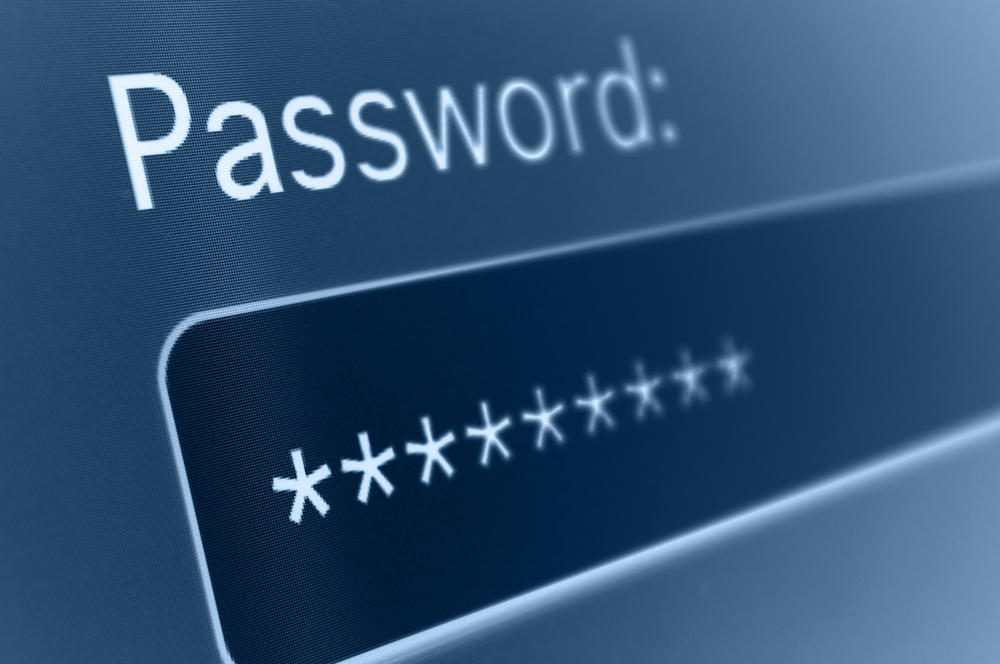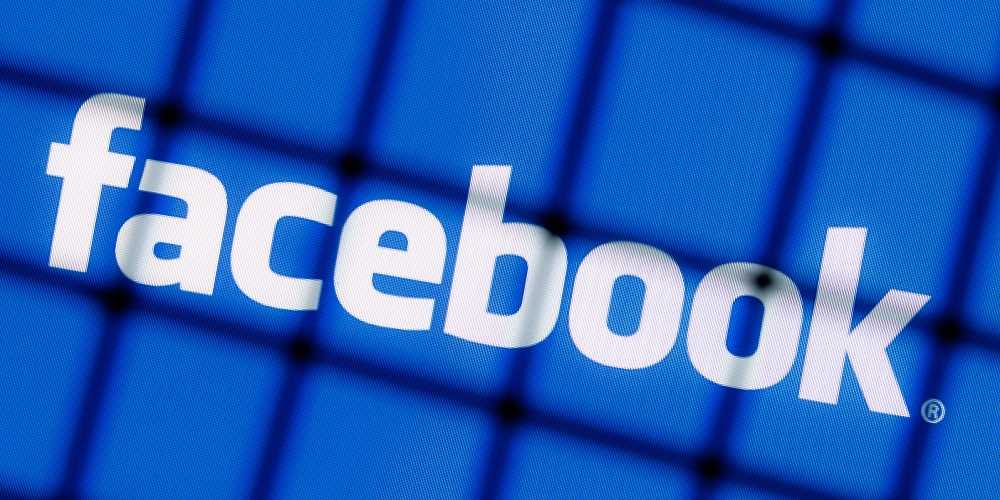FTC Consumer Response Center 1-877-382-4357
On Sunday, I received an urgent message from a friend. PayPal had sent him an email saying that a co-worker had sent him money. This was not unexpected, as he was collecting contributions towards a farewell gift for another coworker.
On January 19, 2023, T-Mobile released an official statement that clearly identified a security breach that affected millions of consumers. It appears to have ongoing starting on November 25, 2022 and continuing right up to January, as reported in the company’s SEC filing.
If you think about it, the financial services sector has gone through significant changes since horse-drawn wagons delivered money to banks. Long after that, in-person visits to your local branch gave way to online banking on devices, both mobile and at home.
For the second time in less than a year, Mailchimp has found itself in a precarious situation, having to admit that it has been breached. It appears that a social engineering attack tricked Mailchimp employees and contractors into giving up their login credentials, which were then used to access 133 Mailchimp accounts.
For instance, many LastPass users scrambled in December of 2022 because of news that the company has been breached several times. What should you do if your password manager is breached? Does this mean all your passwords are out there being sold on the Dark Web?
An unusual phishing technique has surfaced this week. Avanan, a Check Point Software company, released a blog Thursday morning detailing a new attack in which hackers hide malicious content inside a blank image within an HTML attachment in phishing emails claiming to be from DocuSign.
Roses are red, violets are blue, and we all know that not everything – or everyone – online is true. But can you tell the difference between someone who is simply using a decades-old photo and a lothario scammer trying to swoon their way to every dollar in your bank account?
Researchers at Vade Secure describe a type of phishing attack dubbed “clone phishing,” in which attackers follow up a legitimate email from a trusted sender with a replica, claiming that they forgot to include a link or attachment.
Want to view or change your privacy/security settings, but don’t know where to find them? Use these direct links to update your privacy settings on popular devices and online services or read about your platforms’ privacy policies and statements.
As you embark upon your next adventure, remain cyber safe following some simple practices to keep your vacation plans free from cybercriminal meddling.
Nearly all of us these days have some type of mobile device that is essentially a part of us. It is filled with all kinds of personal information, such as our contacts, our email conversations, and perhaps even our health information.
Data breaches seem to happen like clockwork. None of them are your fault, but the responsibility to protect yourself and your personal information rests square on your shoulders. It can seem like a daunting task, but there are some fundamental actions that can be taken right now that can make you a significantly safer from falling victim to a cyberattack.
It’s time to resurrect the old adage “With friends like these, who needs enemies?” Thanks to the nonprofit Identity Theft Resource Center (ITRC), their work has uncovered a social media hack victimizing users of Facebook and Instagram using friendship as a lure.
















